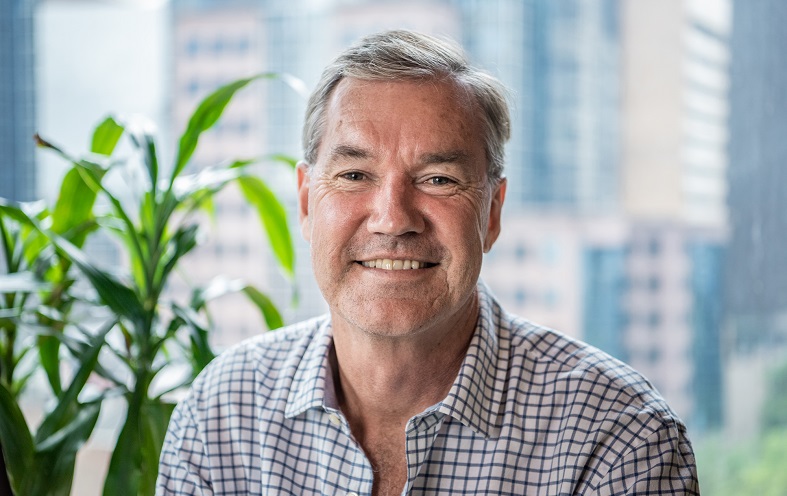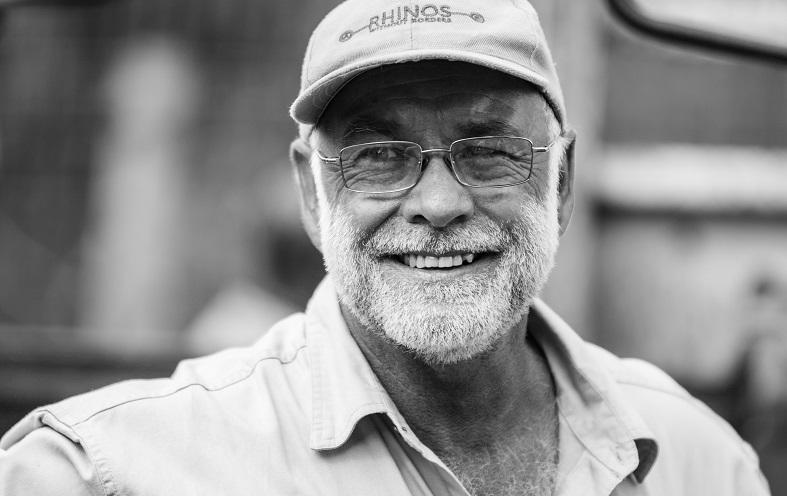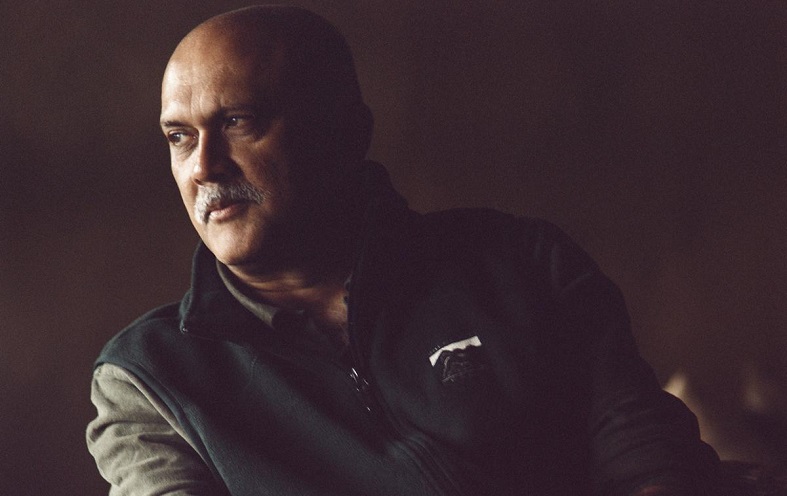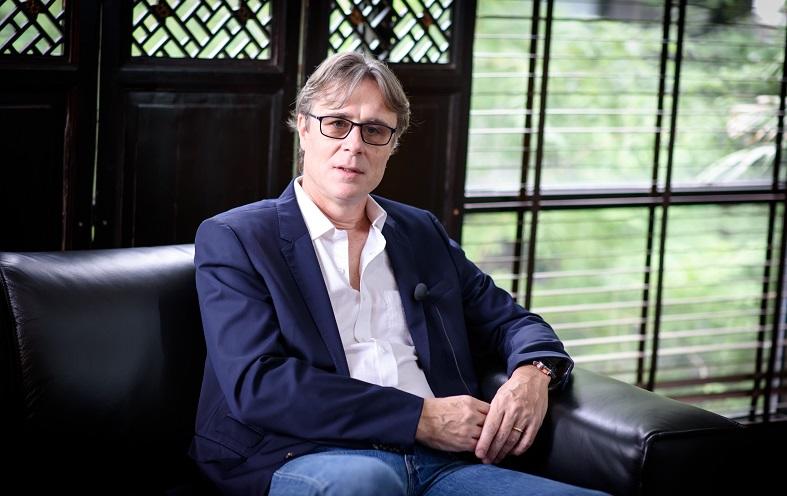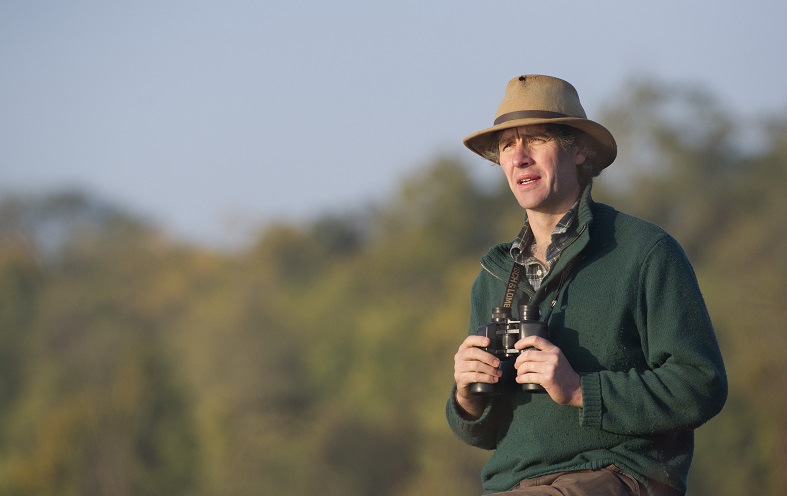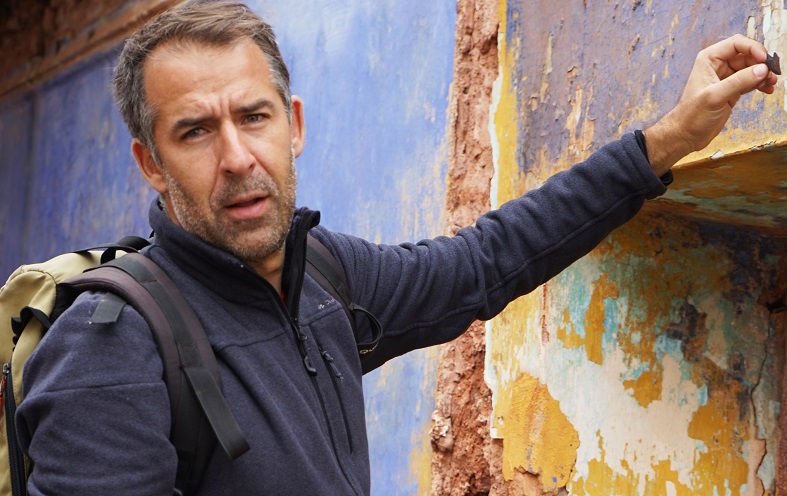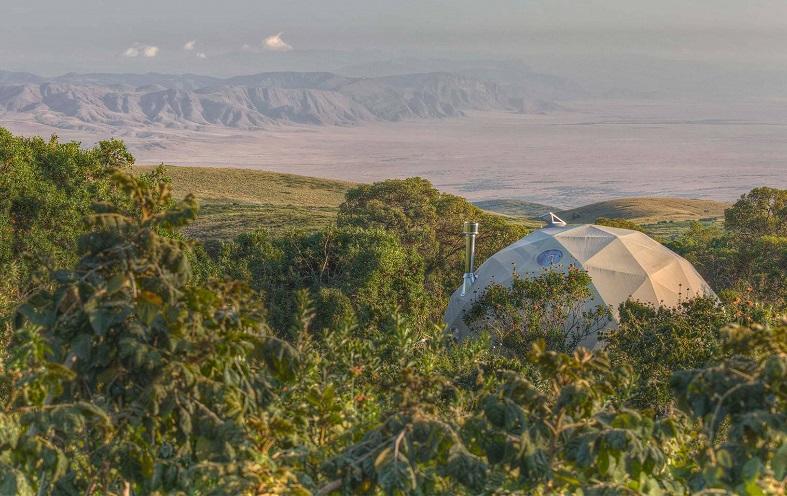
Asilia Africa is a good example for how a tour operator can benefit from responsible business practices and commercial conservation. Dave van Smeerdijk, strategic consultant and former marketing director of Asilia, in this interview tells us how they do it, which challenges the safari company and wildlife tour operator faces, and what’s ahead for Destination Africa in terms of tourism sustainability.
Learn about:
- How wildlife tour operator Asilia Africa approaches sustainability;
- How running safaris in Africa supports wildlife conservation;
- The most effective way of communicating sustainability;
- Which topics will dominate the sustainable tourism agenda in the next years;
- The key to successful cooperation in public-private-community partnerships;
- Why sustainability ‘think’ now has to be part of the DNA of all travel businesses.
Dave, with over 25 years of experience in the travel industry, do you remember what initially triggered your passion for travel?
I grew up right next to a national park and have always been drawn to the sights, smell and sounds of the wild. I’ve always been most comfortable in wilderness areas of the world.
What was your view of sustainable tourism when you first started your professional career? And has your view on conservation, safaris and tourism changed since?
I studied for an economics and commerce degree and wanted to use that in some type of conservation career. I found that I was best suited to commercial conservation through running safaris in Africa, investing in rural areas and rural people. And I still think this is one of the key ways to be a part of the conservation solution.
Maintaining and increasing sustainability performance in business operations is always challenging, but especially in a growing, expanding business. What do you think has been the key for Asilia Africa to do this successfully in three different countries and with around 600 employees? Where do you think you could still improve?
If one looks at the three key sustainability indicators, Asilia has built a good foundation to improve in all areas.
Economically, we are a fairly new business at just over 10 years, but we have many young products that are maturing (therefore occupancies are increasing) and adding to profitability and stronger sustainability.
Socially and culturally, we have a stronger, more experienced and talented workforce, leading to better quality and improved productivity. And as we expand our portfolio, we interact with more communities and people in a meaningful way.
Environmentally, we are always looking at new technologies to improve our footprint. The advantage of building new lodges every year is that we get to employ the newest and best practices.
With “overtourism” and tourism fatigue among destination residents a growing concern, do you think we’ll see the introduction of a mandatory minimum level of sustainability performance and responsible practices by tourism businesses, in popular destinations?
Most African governments have minimum controls for new projects or renovations on leased land, such as an EIA (environment impact assessment), which is fairly detailed, as well as minimum rental returns.
On the social side, there are a lot of great projects initiated with communities in areas such as education, training, income sharing, local business development etc.

From your experience, where do many ecotourism offers fail when communicating their sustainability efforts as part of their marketing? Which aspect of communicating your conservation efforts to potential visitors do you personally find the most challenging?
The best and most effective way to communicate is through the interaction with staff, guests and buyers (agents can see first-hand how sustainability is working on the property).
Mostly guides are the ones to communicate sustainability practices, but I think it’s better that the whole organisation is informed. The message is often more powerful delivered by staff other than the guides. This message is best supported by reading matter for the guests in camp, which allows for more detailed reporting.
How do you see the sustainable tourism agenda evolve in the next five years? Which will be the key challenges and priorities?
I think the social and cultural side is critical, and also the support of perceived marginal areas where wildlife and communities meet. This is the front line of conservation and these areas and businesses need more support.
Throughout your career, you have been involved in several award-winning businesses. In what way does the WTTC Tourism for Tomorrow award stand out? How has it influenced you personally and the company?
I have been fortunate to be on the winning teams of two WTTC awards, as managing director of Damaraland camp with Wilderness Safaris, and with Asilia Africa as a marketing director. It is a very significant and well-respected award, probably the most prestigious in the eyes of consumers, the trade and peers.
The Naboisho Conservancy project has become a well-known case study for conservancy around the world. What would you say is the key to successful cooperation in public-private-community partnerships?
There must be a win-win with all sustainability indicators for the private company that operates there, the community and government it works with.
Given the right economic environment – and this is key – the private sector can thrive creating more jobs, training, education, benefits for the community and funding for conservation initiatives.
From a brand perspective, how important is sustainability performance for the competitiveness and reputation of travel businesses and destinations nowadays?
In my view sustainability is an essential part of every task and every part of the organisation. It must become part of the DNA of the business and naturally considered in decision-making.
Is there any sustainability initiative currently planned for Asilia Africa that you are particularly excited about?
We have some great projects in Southern Tanzania, Ruaha and Selous, which are areas of incredible beauty, biomass and diversity, but with significant conservation challenges. We are working with the stakeholders to be part of the solution.
Thank you, Dave.
More about Asilia Africa here. Connect with Dave van Smeerdijk on LinkedIn.
Enjoyed our interview with Dave van Smeerdijk on how safari company and wildlife tour operator Asilia Africa approaches sustainability? Spread the word!

